Techondernemers schrijven open brief aan Nederland
“Zoals technologie ons land mede draaiend hield tijdens de coronacrisis, zo kunnen wij nu ervoor zorgen dat het herstel van ons land versneld wordt”
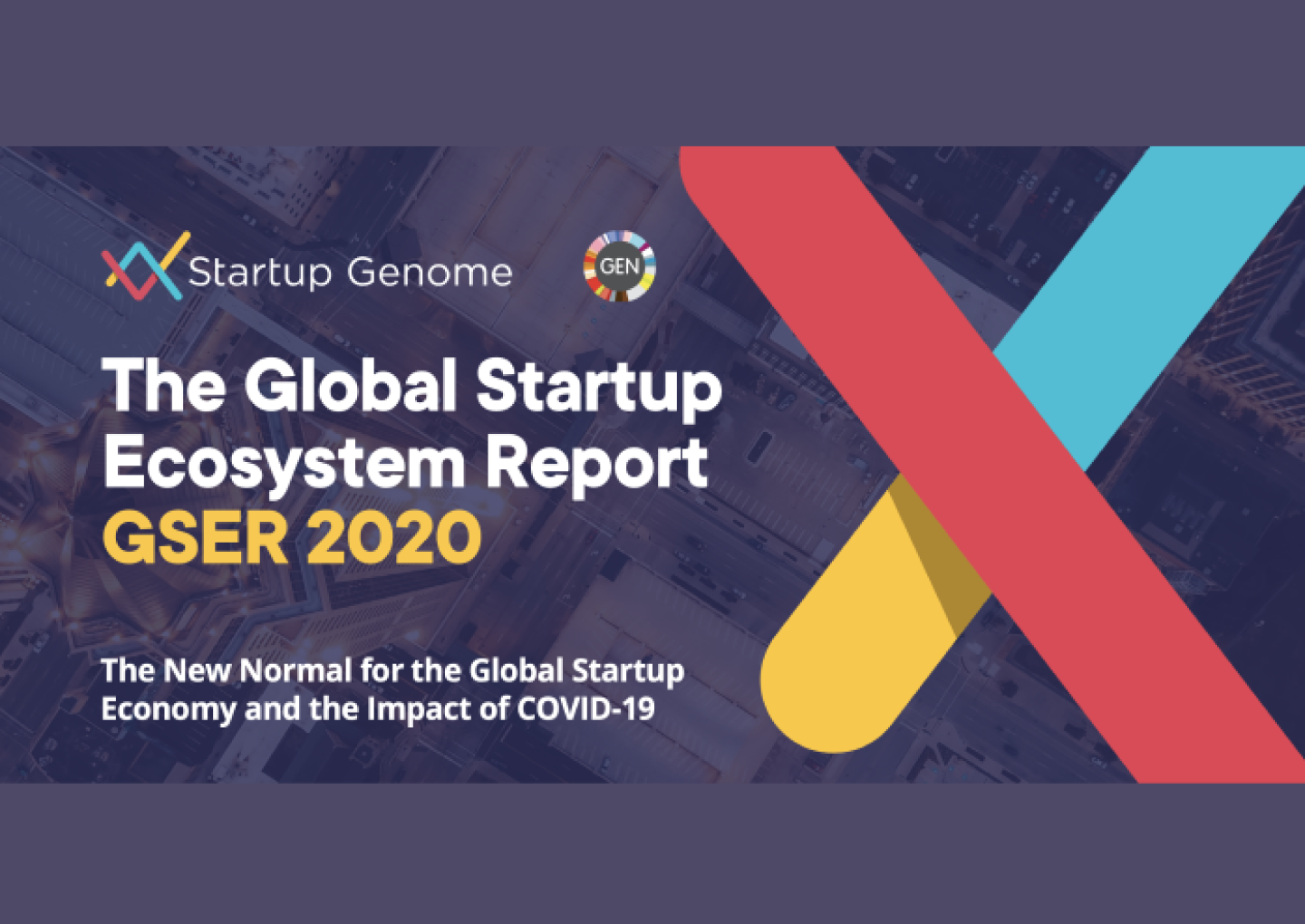

Back in 2015 Amsterdam joined the Genome Ranking at #19 out of 100 ecosystems and ranked in Europe outside the top 5. Each year the ecosystem has been slowly making its way up the ranking, hitting the heights of #15 in 2019 and now is at its record place #12 worldwide and #3 in Europe (not out of 300 ecosystems). Important to note is that in the report Amsterdam is called Amsterdam-Delta and refers to the 100km radius around it too, like with other locations - Silicon Valley being San Francisco, Oakland, the Valley & San Jose.
The main drivers for this are Amsterdam-Delta's very high ranking in Connectedness, due to the Netherlands’ logistical and social connectedness to the world. Ranking in at #1 in DHL’s Global Connectedness Index. Major IPOs also helped with payment processing firm Adyen listed one of Europe’s largest tech IPOs in recent times, with a value of €7 billion. On the first day of trading, shares shot up 90% and the market value of the firm was well over €37 billion in June 2020. On top of this Amsterdam-Delta scored well on nearly all of the baseline metrics including performance, funding, market, and talent.
Finishing above Amsterdam-Delta in Europe is Stockholm and London. Stockholm hit the heights of second place in Europe thanks to a large number of successful exits in the past year with London coming in first due to the significantly higher VC activity and overall performance. It's also fair to hand out a pat on the shoulder for the whole of Europe as a startup continent, there's been growth in all ranking factors from record investment to talent pouring into the region. Now more than ever it's time to strengthen our global position by working together more and leveraging each other's strengths.
This new ranking though should not signify a job done to the ecosystem, as with the current uncertainty caused by COVID-19, the Netherlands needs to make sure it doesn’t fall behind in the societal and economic reshuffle happening right now. Countries around Europe and further afield have been investing large amounts of money into their tech ecosystems and before Genome’s next report we will already start to see which countries are coming out on top.
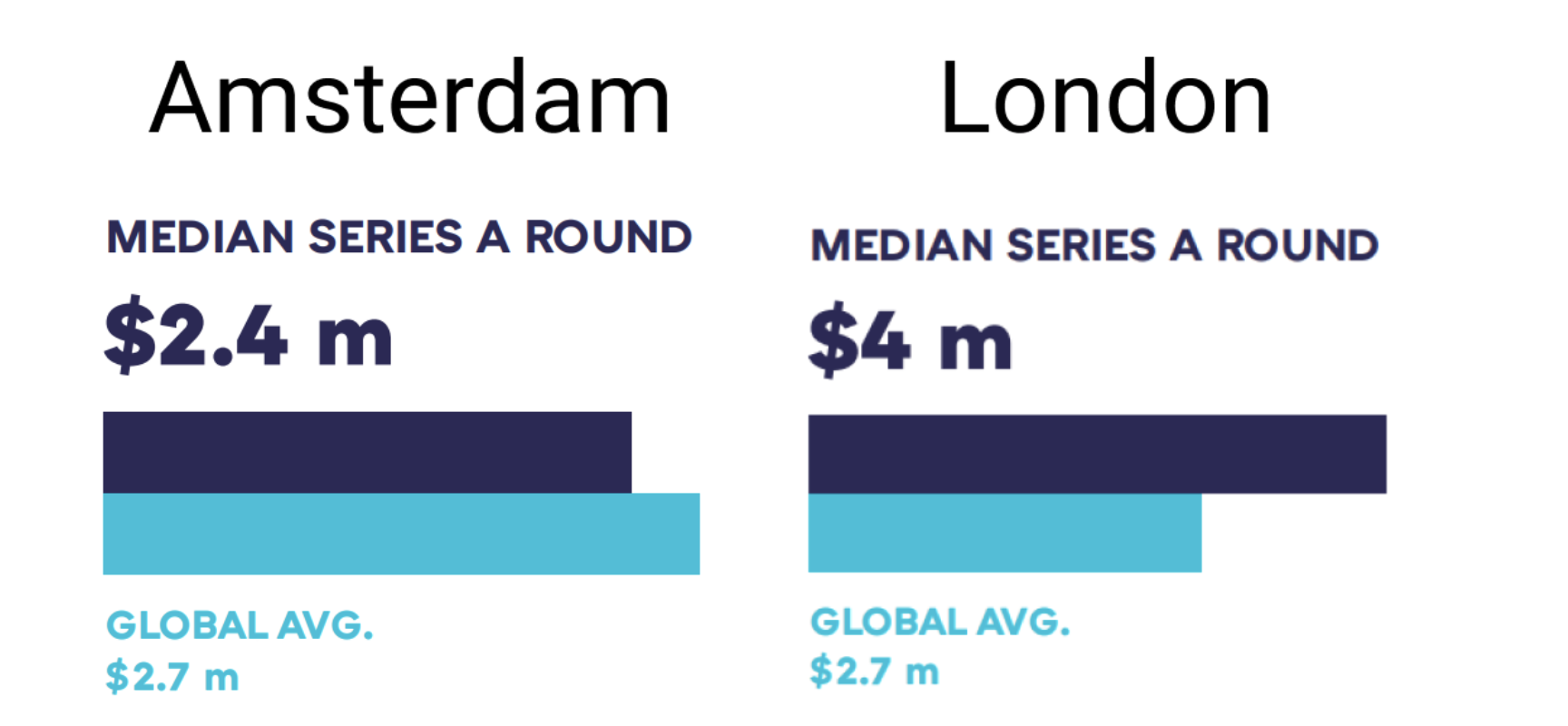
Investment in startups in 2019 hit record numbers in the Netherlands with over €1.4 Billion invested. Yet the median series A round was only $2.4M, below the global average by more than 10%. If the Netherlands is to grow into the #1 ecosystem in Europe a key area it needs to develop in is its capital climate. As shown in London’s median Series A round to be No.1 there’s a lot of work to be done, and if we also look further into the data we see both Paris and Berlin also above Amsterdam-Delta with median Series A rounds at $2.7M and $6M respectively.
Series A+ funding in terms of numbers and size in comparison to our EU counterparts continues to be a challenge although records are being achieved. Through our COVID-19 impact report released on March 20, we’ve seen this is an area that could become compounded by the current crisis with 27% of startups struggling to raise money due to it. With the high chance, this number is even larger as a total of the percentage as circumstances have worsened.
That’s not to say it’s all bad news, the actual score for Amsterdam-Delta for funding performance given by Genome was a 6 out of 10 for Access and 8 out of 10 for quality and activity. What’s important to note though is that the top ecosystems in the world always scored 10’s across the board for this area showing it’s a key area that with improvement can turn the ecosystem into a global top 5 player. You can view some of the actions we believe will play a big role in turning this around via our 2020 Action Plan written by the Capital Team.
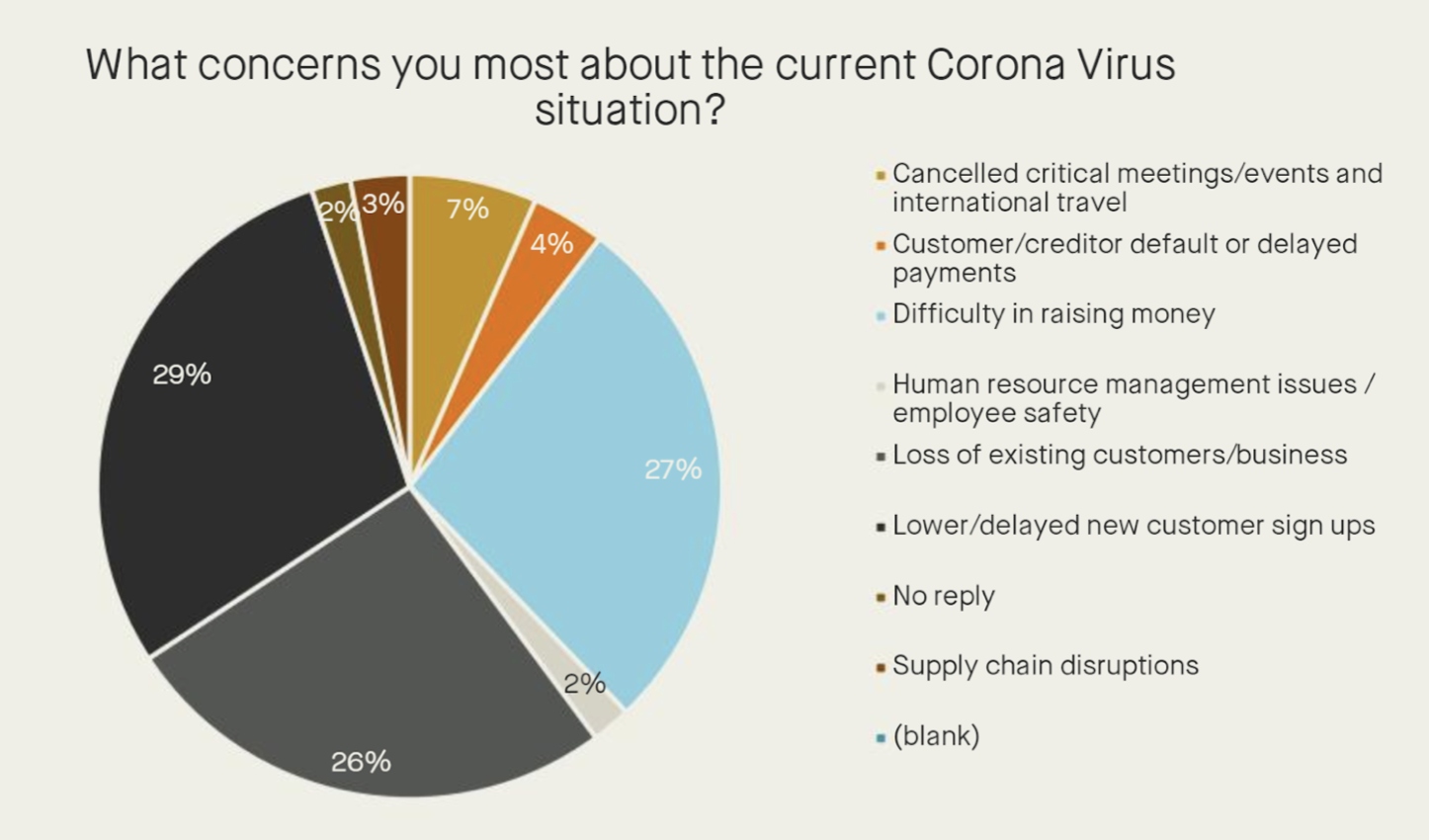
The one major area where the Amsterdam-Delta ecosystem scored poorly was Knowledge, defined as the impact of publications/research and the volume/complexity of patents in the Life Sciences ecosystem. The knowledge score for Amsterdam-Delta was a 1 out of 10, it couldn't have been much lower. Good to note though is that only 40% of the top 10 international ecosystems score over a 5. This indicates a huge opportunity for the Netherlands where with some small increments in improvement, the impact on the total ranking could be one of the secrets to unlocking a higher ranking.
It’s important to note that ranking low in patents indicates a focus of founders on business model innovation rather than leveraging tangible IP production. This is interesting when you look at the talent ratings, here you will see that in the Life Sciences section, for Life Sciences Access, Amsterdam-Delta ranks joint 1st in the world. Life Sciences access is defined as the count of STEM students and graduates, the number of Life Sciences universities, and degree programs in an ecosystem.
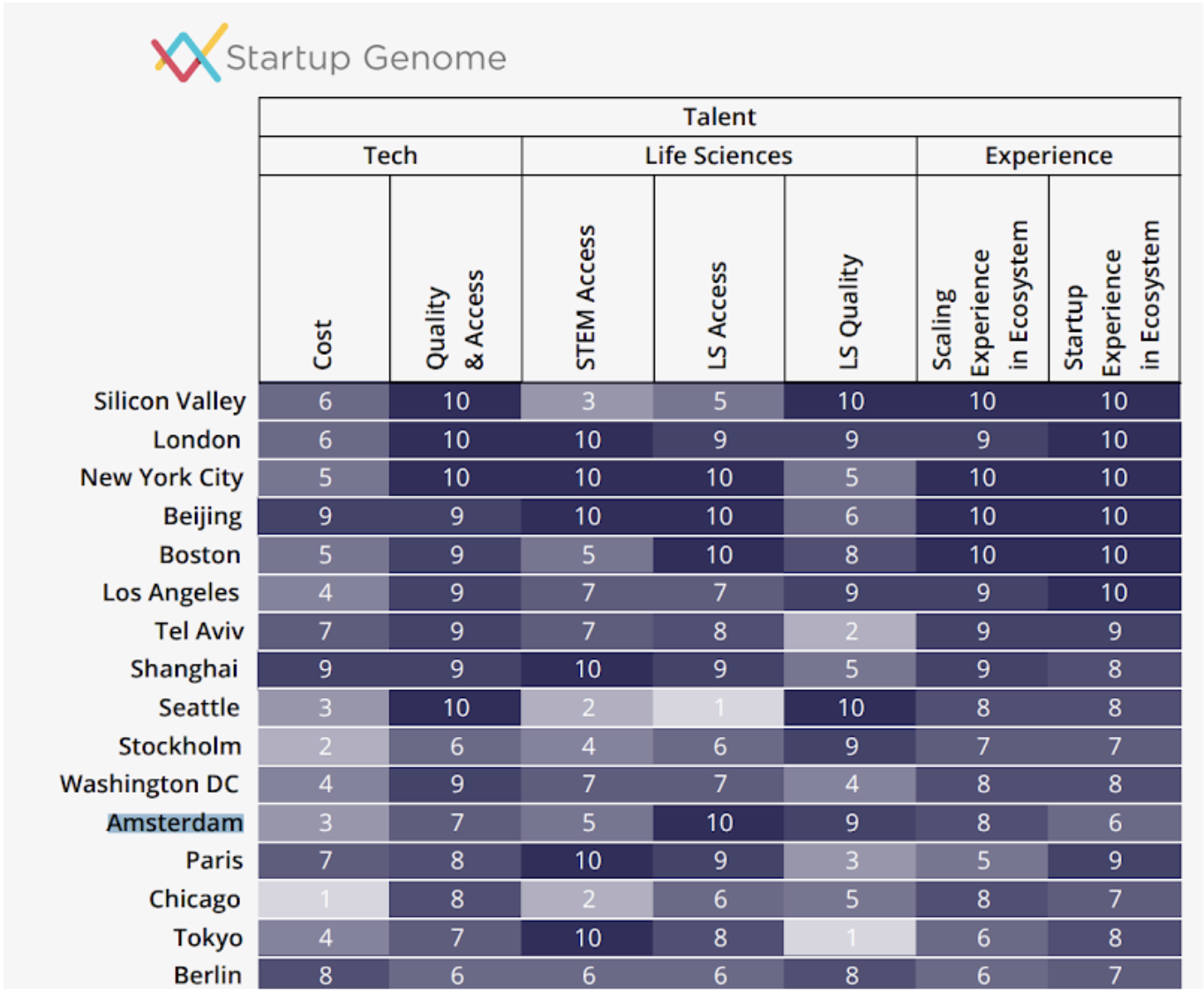
This insight is even more compelling when you think back to the strength of the ecosystem being about interconnectedness. The ability to move around, share ideas, and work with an established functioning infrastructure. This shows a clear disconnection between the high-quality level of STEM/Life Science education, the easy ability to connect with others, and its conversion to meaningful research and intellectual property development. The reason why this is so important as these areas of scoring tends to tie directly to the developments and research into emerging technologies and their importance to an ecosystem. With the increase in deep-tech startups as shown below, and the potentially huge future economic value industries within deep-tech possess, such as AI, Quantum, and Biotechnology - improvements in this area could really be the key to future ecosystem success.
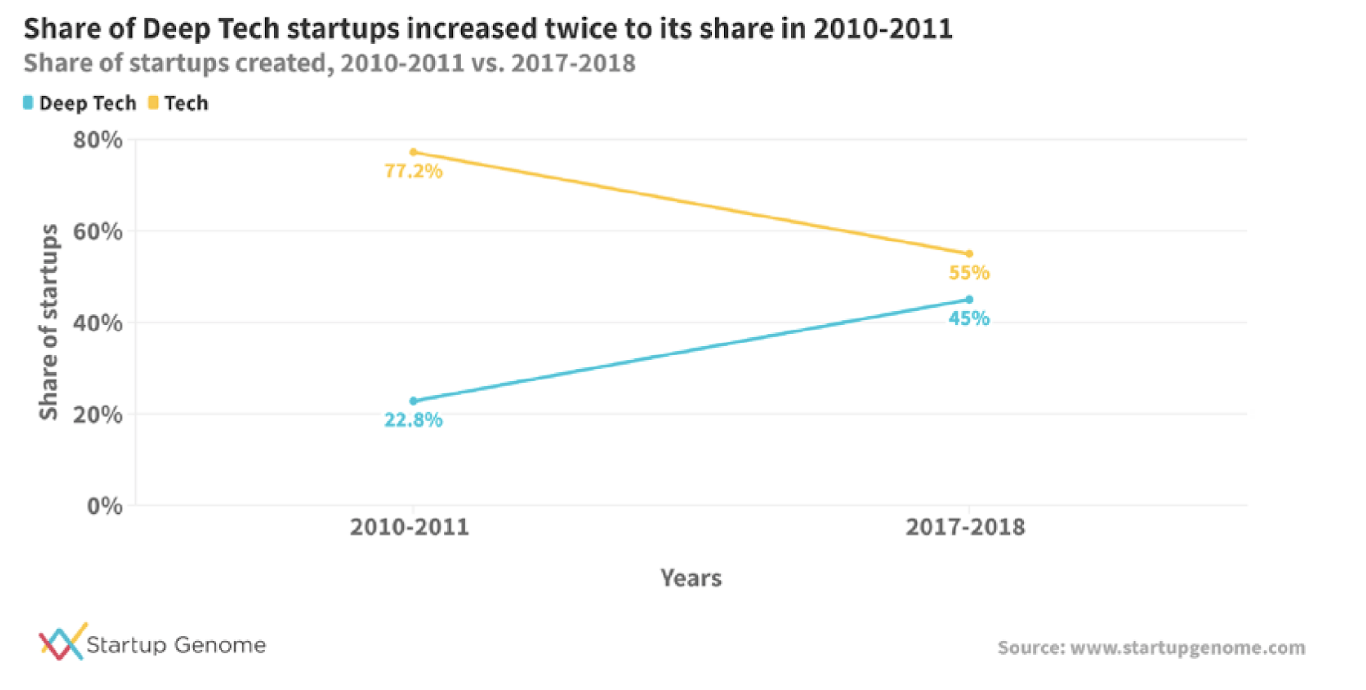
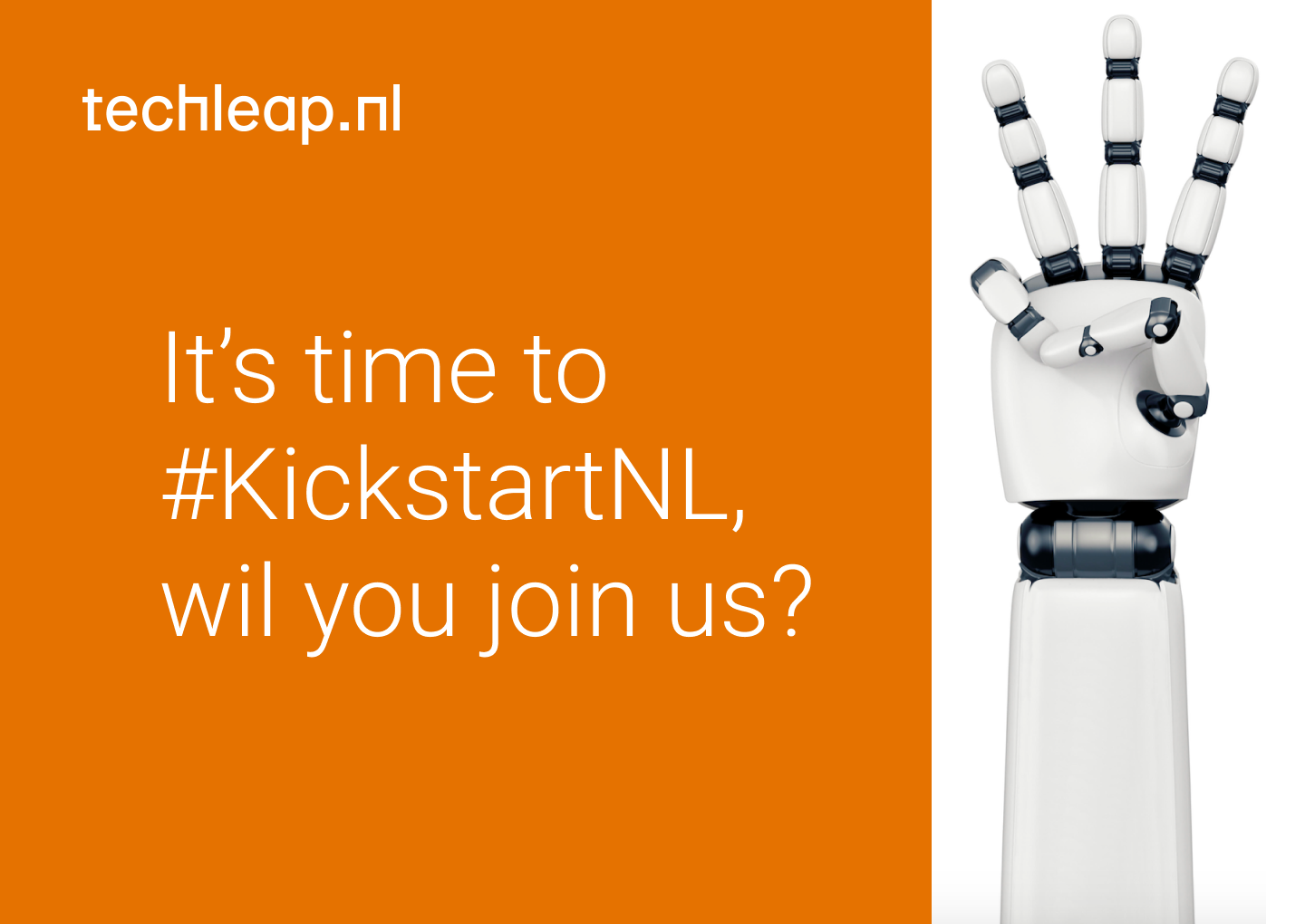
“Zoals technologie ons land mede draaiend hield tijdens de coronacrisis, zo kunnen wij nu ervoor zorgen dat het herstel van ons land versneld wordt”
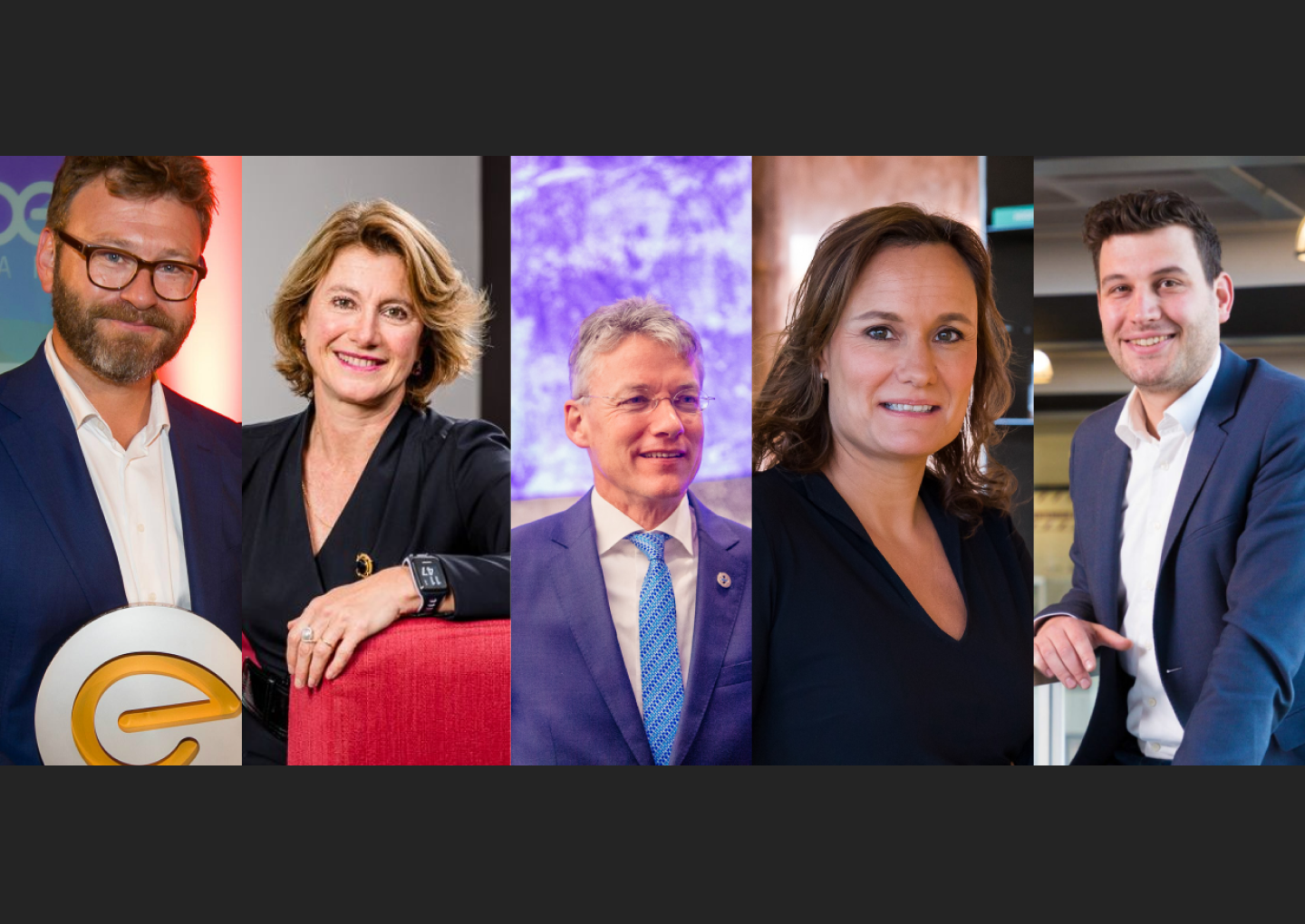
We're really excited to share with you the members of our brand new Supervisory Board and the role that they will play.
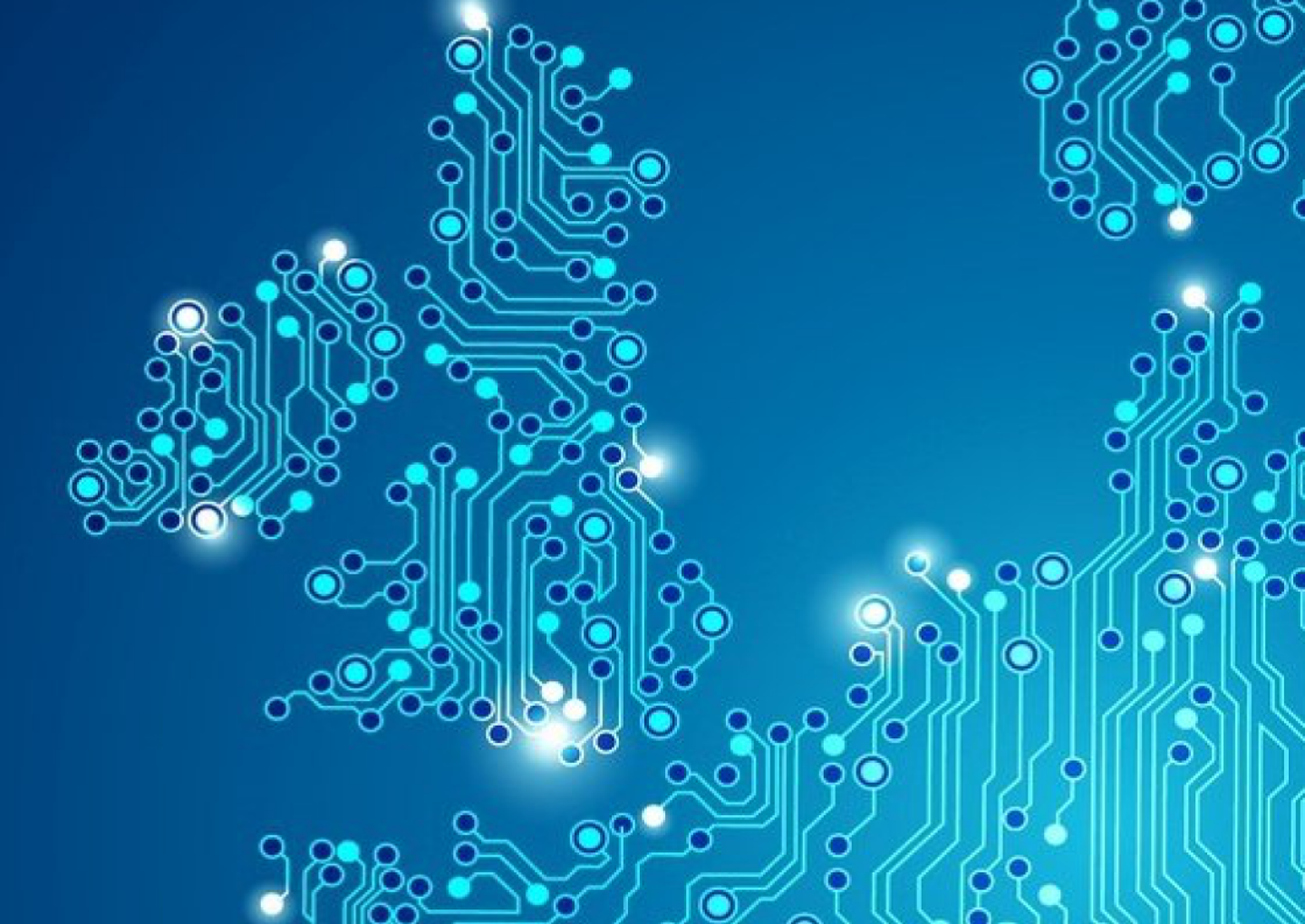
With the Digital Service Act (DSA), comes a huge opportunity to pave a clear future for startups, by ensuring legal certainty and forging a more even playing field than is available right now.